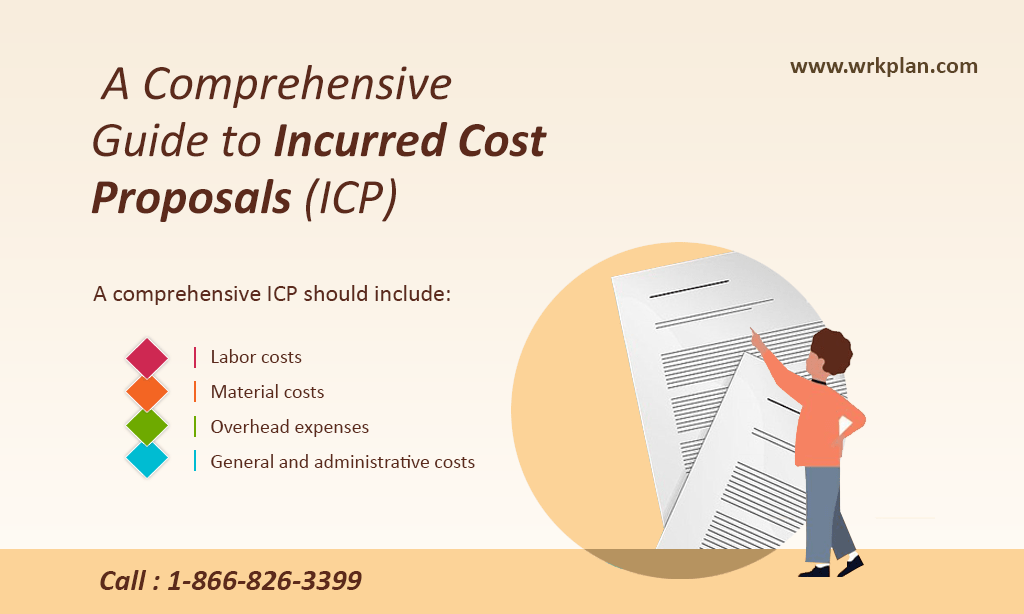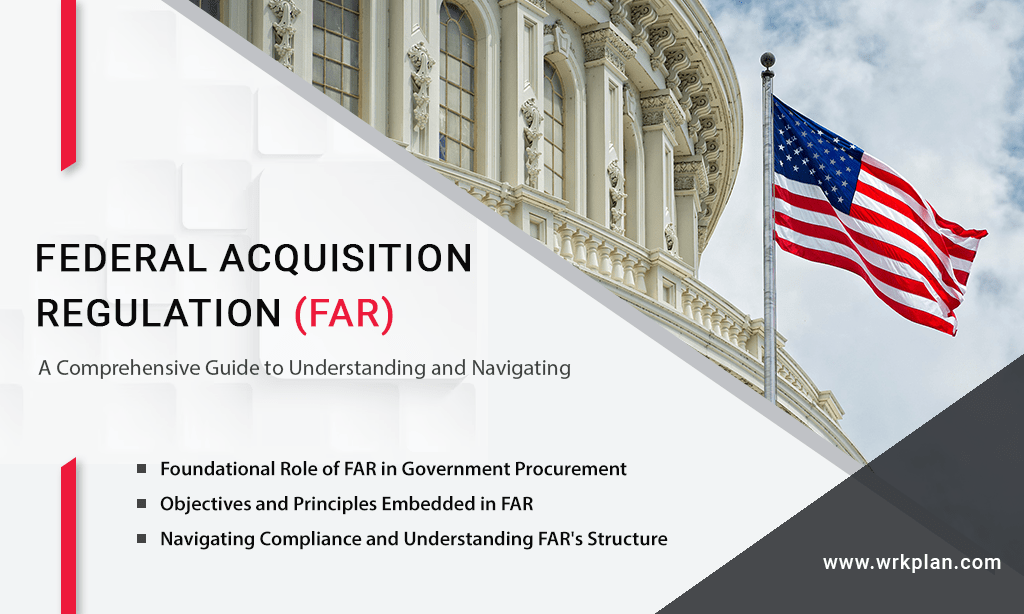Government contractors are often required to make changes to their contracts to accommodate unforeseen circumstances or changing project requirements. These changes, known as contract modifications, can include adjustments to the scope of work, the delivery schedule, or other contract terms. In this article, we’ll explore the proper steps for government contractors to request contract modifications and ensure that they are properly executed.
Why Request Contract Modifications?
Contract modifications are a common occurrence in government contracting. The government understands that unforeseen circumstances can arise during a project that may require changes to the contract. Additionally, as project requirements evolve, the scope of work may need to be adjusted to ensure that the project is completed successfully.
Proper Steps for Requesting Contract Modifications
The following steps will help ensure that government contractors properly request contract modifications:
- Review the Contract: The first step in requesting a contract modification is to review the original contract thoroughly. This will help you understand the terms of the contract, including the scope of work, delivery schedule, and other requirements.
- Identify the Need for Modification: Once you’ve reviewed the contract, you’ll need to identify the need for modification. This may include changes in project requirements, unforeseen circumstances, or other factors that may require an adjustment to the original contract.
- Develop a Proposal: After identifying the need for modification, develop a proposal that outlines the changes that need to be made. This proposal should include a detailed description of the changes, the reason for the changes, and any potential impacts on the project timeline or budget.
- Submit the Proposal: Once you’ve developed the proposal, submit it to the government contracting officer (CO) for review. The CO will review the proposal and determine whether to approve the modifications.
- Negotiate the Changes: If the CO approves the modifications, you’ll need to negotiate the changes with the government. This may involve negotiating the price, delivery schedule, or other contract terms.
- Execute the Modification: Once the changes have been negotiated, the government will issue a modification to the contract. This modification will outline the changes that have been made and the terms of the new agreement. Both parties must sign the modification before it becomes effective.
Key Considerations for Contract Modifications
When requesting contract modifications, government contractors should keep the following considerations in mind:
- Timeliness: Contract modifications should be requested in a timely manner to ensure that the project can be completed on time and within budget.
- Clear Communication: Clear communication is critical when requesting contract modifications. Contractors should clearly explain the need for modification and the changes that are being proposed.
- Compliance: Contract modifications must comply with all applicable laws, regulations, and contract terms.
- Document Everything: It’s important to document all communications, negotiations, and agreements related to contract modifications. This documentation can help avoid misunderstandings and disputes down the road.
In conclusion, contract modifications are a common occurrence in government contracting. By following the proper steps for requesting modifications and keeping key considerations in mind, government contractors can ensure that modifications are executed properly and in compliance with all applicable regulations and contract terms.
Visit WrkPlan.com for all of your GovCon needs!













